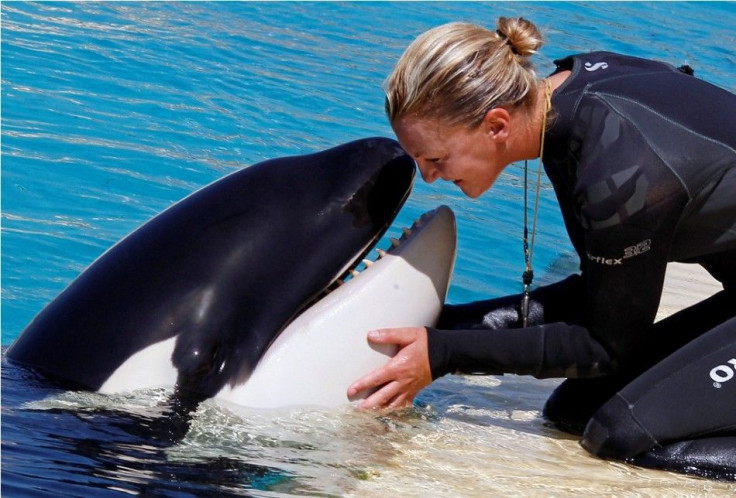New Zealand Scientists Departing For Antarctica on A Whale Trail Voyage

Concerned at the depleting stock of blue whales in Southern or Antarctic ocean, a team of scientists from New Zealand and Australia, announced a whale trail mission starting on Jan. 28.
Accordingly, the research vessel Tangaroa will leave Wellington on Wednesday afternoon and return on March 11. The team comprises scientists and crew from the National Institute of Water and Atmospheric Research, Antarctica New Zealand and Australia's Antarctic Division. They will track the whales using state-of-the-art sonar equipment and hope to collect advanced information about the ecosystems.
Some 50 years ago, blue whales in the Southern ocean numbered more than 250,000. But commercial whaling led to their sporadic decline and the number plummeted to 2000, reported Radio Nz.
Unfamiliar Territory
NIWA project leader Dr Richard O'Driscoll said the group would be entering an unfamiliar territory. "The Southern ocean is one of the least studied and least well known environments on earth. So, most of the stuff we see and do will be new," he said.
Commenting on the mission, Australia's Antarctic Division's science leader Dr Mike Double said the main purpose of the six-week expedition is to work out exactly how many whales are left. For that, sonar buoys having recorded whales' singing will be dropped into the ocean.
"Since we're listening to whales, we can only locate the ones that are singing. We think it's only the male ones that sing; so we're recruiting groups of male singers," Double said.
He said the singing will be loud and the ship's equipment is also very advanced. It makes the team confident of tracking the whales successfully. The trip has a big budget of $4 million and is being paid by Antarctica New Zealand, the Ministry of Business Innovation and Employment, Australia's Antarctic division, and NIWA. The crew would be working in 12-hour shifts for day and night. An onboard gym and a video player are the only two entertainment options for the team.
Whale Poaching
Meanwhile, Sydney Morning Herald has reported that the hard line marine activists group “Sea Shepherd” will be purchasing a faster ship for its Southern ocean mission of whaling battles. The purpose-built patrol ship will be used for its future campaigns in the Antarctic against Japanese whaling fleet.
The group has been mounting anti-whaling campaigns since 2002, using a series of re-purposed ships. Sea Shepherd got the funds from the Dutch Postcode Lottery, which awards 50 percent of its proceeds to charities. Alex Cornelissen, its CEO expressed the hope that the new ship will lift its conservation efforts to protect the Southern ocean from illegal exploitation.
(For feedback/comments contact the writer at kalyanaussie@gmail.com)





















